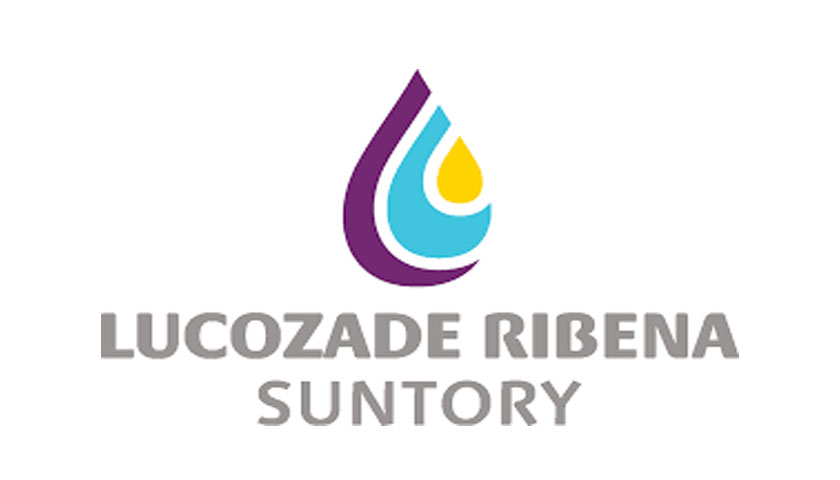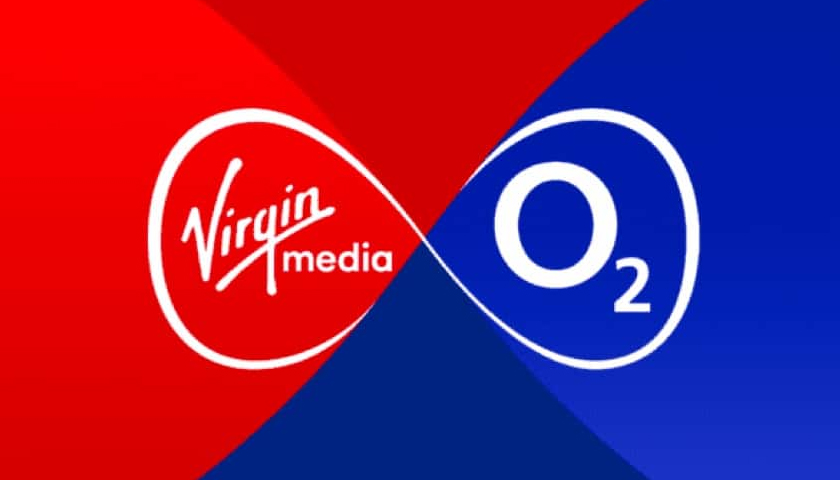As part of the Suntory Group’s continuous efforts to tackle environmental sustainability challenges around the world, the business has raised the ambition of its 2050 environmental vision, aiming to achieve net zero greenhouse gas emissions across its entire value chain.
As a multi-faceted food and beverage company whose production is supported by the gift of mother nature, the Suntory Group has been aiming for a sustainable society since its founding with a mission to ‘create harmony with people and nature’ and the principle of ‘Mizu To Ikiru’, or living with water, which is the company’s promise to stakeholders. By establishing the “Basic Principles of Suntory Group’s Environmental Policy” in 1997, and the “Suntory Environmental Vision toward 2050” in 2014, the Suntory Group has been accelerating its efforts in promoting sustainable management.
While aiming for net zero greenhouse gas emissions across the whole value chain, the European arm of the business – Suntory Beverage and Food Europe (SBFE) – will, through its local business operations, implement renewable energy solutions, use next-generation infrastructure options and work together with supply chain stakeholders to contribute to realizing a carbon-free society. SBFE and its business units across Europe will continue with their current energy conservation initiatives.
SBFE and its local business operations have already committed to science-based targets to achieve reductions in emissions by 2030. Progress against the targets has been made by investment in new energy efficient production lines, using more sustainable packaging materials – for example increasing the use of recycled plastic – and switching to renewable energy purchase agreements.
In the UK and Ireland, Lucozade Ribena Suntory has been working towards these goals with investment in its Gloucestershire factory to reduce the energy required to make each bottle of its well-loved drinks such as Lucozade Energy and Ribena.
Lucozade Ribena Suntory has previously set out its ambition to reach 100% sustainable plastic packaging by
2030, another target that’s aligned through The Suntory Group. This packaging strategy, from bottle redesign to investment in enzymatic recycling technology, will contribute to carbon reduction targets by reducing its use of fossil-fuel based virgin plastics.
Michelle Norman, Director of External Affairs and Sustainability at Lucozade Ribena Suntory comments, “The drive toward zero carbon across our entire value chain by 2050 requires not only commitment and innovation, but also a willingness to challenge accepted wisdom. We see a key role for sustainable packaging in helping us meet our net zero carbon ambition, knowing that CO2 emissions from recycled plastic (rPET) production are approximately 50% lower than those from manufacturing virgin plastic. We are determined to go further, with the elimination of all fossil-fuel based plastic from our bottles by 2030, which is just one key milestone on the route to net zero carbon emissions by 2050.”
The Suntory Group will continue its efforts to promoting sustainable management and tackle social issues on a global level.
Suntory Environmental Vision toward 2050
The Suntory Group has formulated the vision below toward 2050 for the purpose of passing down a sustainable global environment to the next generation around the pillars of water sustainability and climate change measures as a company in harmony with nature.
- 1. Water Sustainability
- Reduce water consumption at our plants worldwide*
- Preserve water resources and the ecosystem to cultivate more water than is used by plants worldwide
- Realize sustainable water use at primary raw material farms
- Share the Sustainable Water Philosophy broadly in communities where we are expanding our primary businesses
- 2. Climate Change Measures
- Aim for net zero greenhouse gas emissions across the whole value chain by 2050
- Continue to promote energy conservation, proactively implement renewable energy solutions, use next- generation infrastructure options and work together with stakeholders across the value chain in order to contribute to realizing a decarbonized society
*Reduction per unit production based on the business fields in 2015



